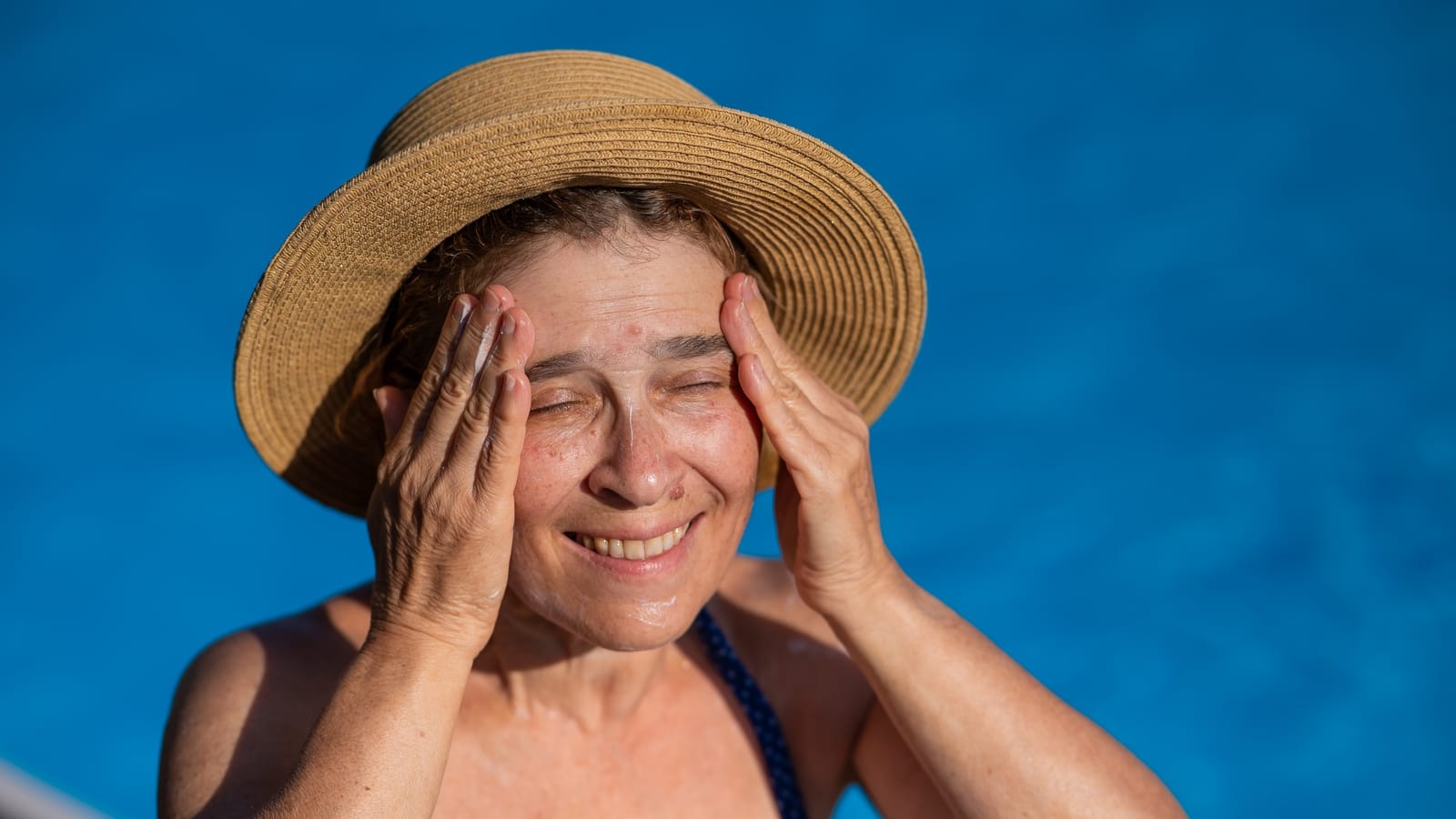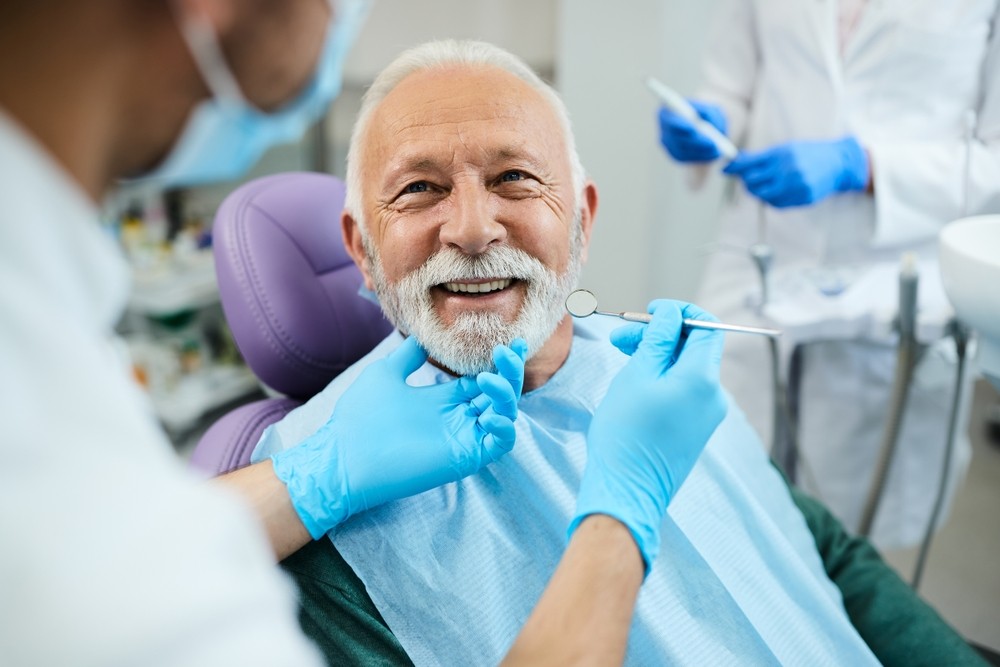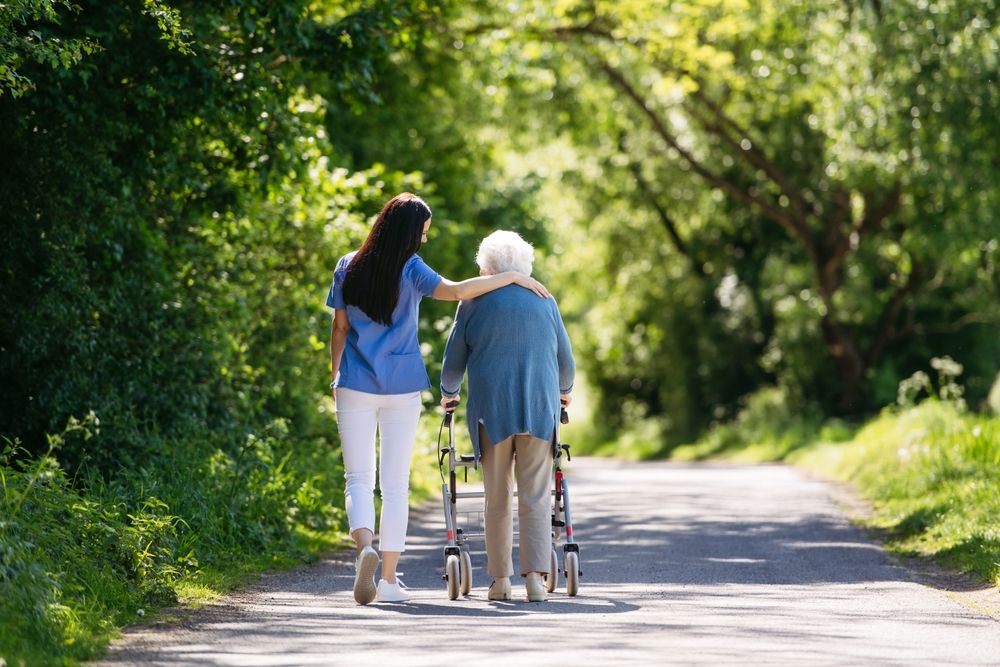Plaque psoriasis can be especially challenging for seniors, as aging skin and weakened immune responses may complicate treatment options. Managing this chronic condition requires a combination of medical, lifestyle, and sometimes even home-based interventions. This guide explores over-the-counter topical treatments, effective medical therapies, and home remedies tailored for seniors dealing with plaque psoriasis.

Understanding Plaque Psoriasis in Seniors
Plaque psoriasis is a chronic autoimmune condition that causes skin cells to grow rapidly, leading to red, scaly patches primarily on the elbows, knees, scalp, and lower back. For seniors, the condition can pose unique challenges due to skin sensitivity and potential interactions with other medications. Common symptoms include:
- Red patches of skin with silvery scales
- Dry, cracked skin that may bleed
- Itching or burning sensations
For a deeper understanding of psoriasis and related symptoms, visit The National Psoriasis Foundation.
Over-the-Counter Topical Treatments for Plaque Psoriasis
Topical treatments are one of the most accessible and frequently recommended methods to manage psoriasis. For seniors, non-prescription options can be effective in reducing discomfort and improving skin health. Here are some over-the-counter options:
- Salicylic Acid: Found in various creams and shampoos, this ingredient helps to remove scales, allowing other medications to penetrate the skin better.
- Coal Tar: Available in creams, gels, and bath additives, coal tar reduces scaling, itching, and inflammation. However, it may cause skin sensitivity, so seniors should apply it with caution.
- Moisturizers: Regularly moisturizing with thick creams can prevent dryness, which often aggravates plaque psoriasis.
You can explore other over-the-counter treatments for psoriasis on WebMD.
How to Treat Plaque Psoriasis in Seniors with Prescription Medications
In cases where over-the-counter solutions are insufficient, seniors may need to consider prescription medications. Dermatologists can recommend options specifically suitable for older adults with plaque psoriasis. These include:
- Topical Corticosteroids: These are commonly used to control inflammation and scaling. Dermatologists may prescribe a low-potency corticosteroid, which is safer for senior skin.
- Vitamin D Analogues: These are often combined with corticosteroids and work to slow down skin cell production.
- Biologic Treatments: In cases of severe plaque psoriasis, biologics such as Enbrel, Humira, or Cosentyx may be considered. These treatments target specific parts of the immune system and are generally effective in managing symptoms.
Before starting any new medication, it is essential for seniors to consult with their healthcare provider, as some medications may interact with existing prescriptions. For further information on prescription treatment options, check Mayo Clinic’s Guide to Psoriasis Treatments.
Home Remedies for Plaque Psoriasis
Alongside prescribed treatments, seniors can benefit from several home remedies. Although these remedies are not cures, they can significantly help in managing symptoms:
- Oatmeal Baths: Oatmeal can soothe itching and reduce inflammation. Adding a cup of ground oatmeal to a warm bath can provide relief for seniors with sensitive skin.
- Aloe Vera: This natural remedy has anti-inflammatory properties and can be applied as a gel directly to affected areas for soothing relief.
- Apple Cider Vinegar: Known for its antiseptic properties, apple cider vinegar diluted in water can be applied to the scalp to relieve itchiness.
- Omega-3 Supplements: Omega-3 fatty acids found in fish oil can help reduce inflammation from the inside out, which may benefit plaque psoriasis.
For more information on home-based remedies, refer to Healthline’s Guide to Psoriasis Remedies.
Tips for Managing Plaque Psoriasis Long-Term
Effective plaque psoriasis management involves a commitment to maintaining healthy skin and managing flare-ups. Here are some additional tips for seniors managing psoriasis:
- Maintain a Skincare Routine: Daily moisturizing is essential, especially in dry climates. Using gentle, fragrance-free cleansers can help prevent irritation.
- Practice Stress Management: Stress is a common trigger for psoriasis. Practices such as meditation, gentle exercise, and adequate rest can help.
- Avoid Skin Injuries: Cuts, sunburns, and other injuries can worsen psoriasis, so seniors should take precautions, such as applying sunscreen and using protective gloves when necessary.
For additional lifestyle management tips, you can explore CDC’s Psoriasis Management Resources.
Why Early Intervention is Key
Seniors experiencing early signs of plaque psoriasis should seek medical advice as soon as possible. Early intervention can prevent the condition from progressing to a more severe state, making it easier to manage with milder treatments. Symptoms to look out for include:
- Persistent itching and red patches
- Scaling or thickened skin
- Flares following stress or illness
When detected and managed early, seniors can maintain a higher quality of life. Learn more about the importance of early intervention from NHS’s Psoriasis Guide.
Conclusion
Battling plaque psoriasis as a senior can be challenging, but with the right combination of over-the-counter treatments, prescription options, and lifestyle adjustments, it is possible to keep symptoms under control. Regular consultation with a healthcare provider is essential, as is experimenting with safe, home-based remedies for additional relief.
By understanding the range of options available, seniors can manage plaque psoriasis effectively and live comfortably with this condition.




